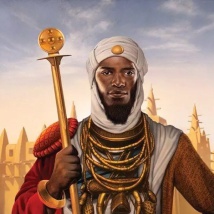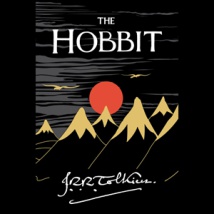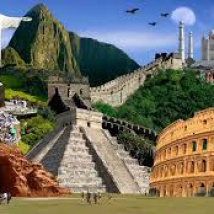Famous Scientists 2048 is an exciting puzzle game where you combine tiles featuring the world's most renowned scientists. Start by merging tiles with famous scientists and progress through the ranks, culminating with the legendary figures of science at tile 2048. It's both fun and educational, making it a perfect game for science enthusiasts.
In this guide, you'll learn how to play the game, the tile progression, and discover some of the greatest scientific minds in history.
How to Play Famous Scientists 2048
- Objective: Merge tiles featuring famous scientists to unlock the next level of scientific pioneers. Each merge represents a new breakthrough in your 2048 journey.
- Gameplay: Slide tiles in any of the four directions using arrow keys on a computer or swiping on mobile devices. Combine identical scientist tiles to evolve into more renowned figures, progressing step by step.
- Winning the Game: Reach the 2048 tile to unlock a legendary scientist. After that, you can continue playing to discover extended tiles, revealing even more iconic scientists and expanding your scientific collection.
Famous Scientists 2048 Tile Progression Table
Each tile in the game represents a prominent scientist, ranked by their fame. As you combine tiles, you'll unlock scientists in order of their historical significance.
| Tile | Scientist | Key Contribution |
|---|---|---|
| 2 | 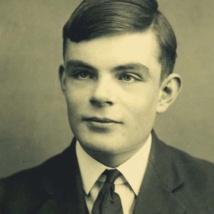 | Pioneered modern computing and artificial intelligence, laying the foundation for computer science. His Turing Machine concept formalized algorithms, and his codebreaking efforts during WWII had a decisive impact on history. |
| 4 | 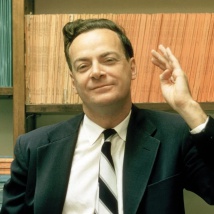 | Revolutionized quantum electrodynamics, providing deep insights into particle physics. Known for his diagrams, teaching brilliance, and engaging curiosity-driven approach to science. |
| 8 | 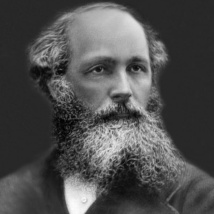 | Unified electricity, magnetism, and light under the electromagnetic theory, forming a cornerstone of modern physics and enabling technologies such as radio, radar, and wireless communication. |
| 16 | 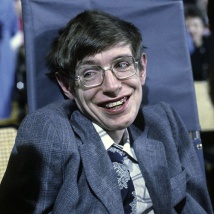 | Explored black hole physics, cosmology, and the nature of the universe. Introduced concepts like Hawking radiation and helped popularize complex scientific ideas for the public. |
| 32 | 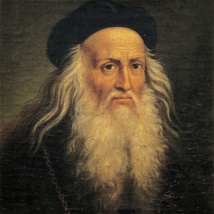 | A true Renaissance polymath, making groundbreaking observations in anatomy, engineering, aerodynamics, and astronomy. His notebooks contain inventions and studies centuries ahead of his time. |
| 64 | 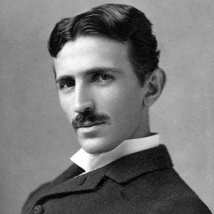 | Developed alternating current (AC) electrical systems, transforming power generation and distribution. His innovations also influenced radio, wireless communication, and modern electric motors. |
| 128 | 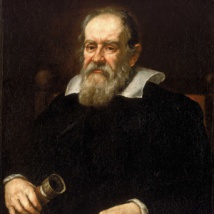 | Used telescopes to confirm heliocentrism, revolutionizing astronomy. Pioneered experimental physics, laying the foundation for the scientific method and challenging long-held dogmas. |
| 256 | 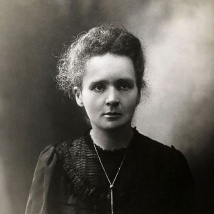 | Discovered radioactivity, isolating polonium and radium, and became the first person to win Nobel Prizes in two different sciences. Her work paved the way for cancer treatment and nuclear physics. |
| 512 |  | Transformed biology with the theory of evolution by natural selection, explaining species adaptation and diversity. His work reshaped our understanding of life and its interconnectedness. |
| 1024 | 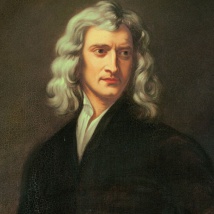 | Laid the foundation for classical physics with his laws of motion and universal gravitation. Developed calculus and made pioneering contributions to optics, mathematics, and astronomy. |
| 2048 | 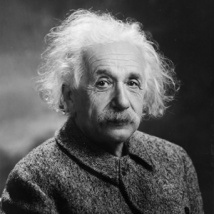 | Transformed our understanding of space, time, and energy with the theories of relativity. His work underpins modern physics, cosmology, and has profoundly influenced technology and philosophy. |
Extended Tile Progression for Famous Scientists 2048
After reaching the 2048 tile, you can continue discovering more scientists whose breakthroughs shaped the course of history.
| Tile | Scientist | Key Contribution |
|---|---|---|
| 4096 | Louis Pasteur | Revolutionized medicine with germ theory, disproving spontaneous generation. Developed vaccines for rabies and anthrax, and introduced pasteurization to prevent diseases. |
| 8192 | Rosalind Franklin | Produced critical X-ray diffraction images of DNA that revealed its double-helix structure, enabling Watson and Crick's groundbreaking model of genetic inheritance. |
| 16384 | Johannes Kepler | Formulated the laws of planetary motion, describing elliptical orbits and the relationship between planets and the Sun, laying the groundwork for modern astronomy. |
| 32768 | Nicolaus Copernicus | Proposed the heliocentric model, placing the Sun at the center of the solar system and revolutionizing our understanding of planetary motion. |
| 65536 | Aristotle | Established foundational principles in logic, biology, physics, and philosophy, shaping scientific and philosophical thought for centuries across multiple disciplines. |












